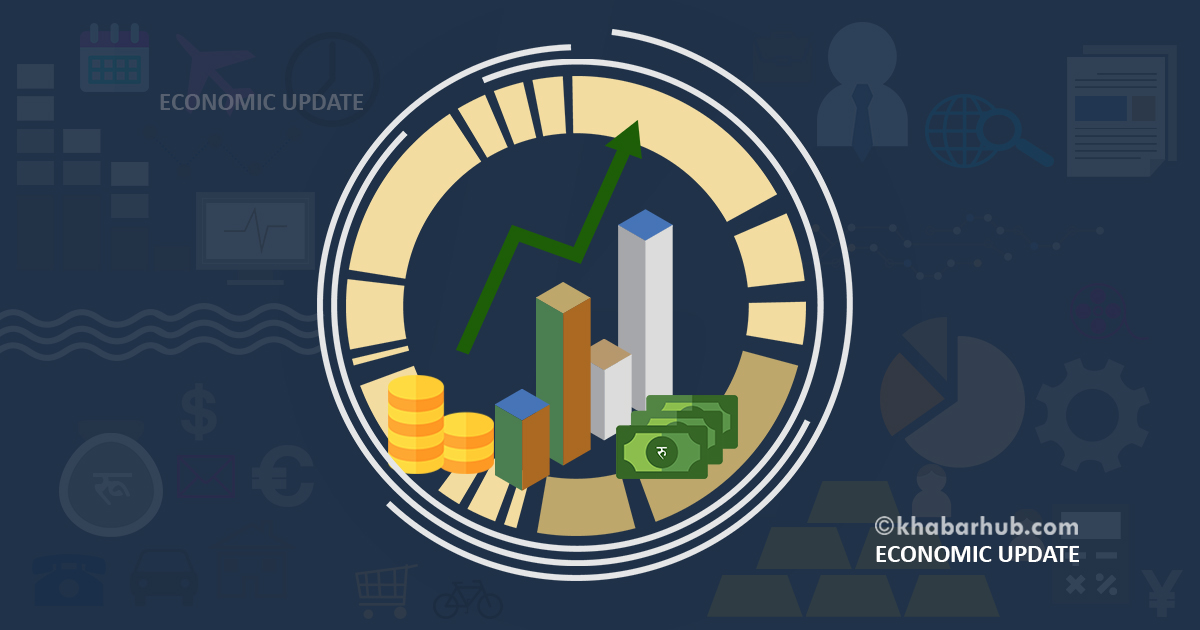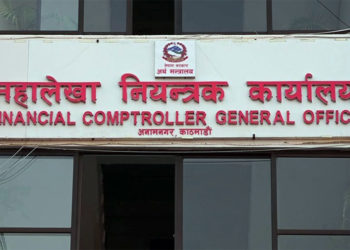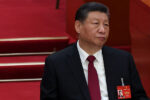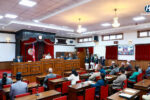KATHMANDU: Economic Digest offers a concise yet comprehensive overview of significant business happenings in Nepal, presented in easily digestible summaries.
This week, the NEPSE Index surged by 8.47% to close at 3,000.81, reflecting a notable increase in market activity with a turnover of Rs 127.92 billion.
In contrast, gold prices fell by Rs 900 per tola to Rs 149,600, while silver prices rose by Rs 20 per tola to Rs 1,760.
Koshi Province plans to attract investment through a new conference and land offers, while the Nepal Oil Corporation reduced petroleum prices across the board.
Nepal Telecom reported a 16.44% decline in net profit due to reduced revenue and investments, despite some cost-saving measures.
Additionally, the government introduced concessions for airlines at GBIA and PRIA to enhance operations and address financial challenges.
NEPSE ends week with 8.47% increase and Rs 127.92 billion in turnover
The NEPSE Index wrapped up the week at 3,000.81, up by 234.43 points or 8.47%.
This gain follows last week’s closing figure of 2,766.38, which had risen slightly by 0.39% from the week before.
During the week, the index fluctuated between a peak of 3,036.64 and a low of 2,779.24, showing a volatility range of 257.40 points.
This is an increase compared to the previous week’s volatility of 185.03 points.
Overall, the week’s total turnover reached Rs 127.92 billion.
Gold prices drop by Rs 900 per tola
The domestic gold market on Friday experienced a notable decline, with gold prices falling by Rs 900 per tola to reach Rs 149,600 per tola, as reported by the Federation of Nepal Gold and Silver Dealers’ Association.
This reduction followed a rate of Rs 150,500 per tola recorded on Thursday, indicating a significant shift in market dynamics or external economic factors influencing gold valuation.
In contrast, the silver market saw an increase, with prices rising by Rs 20 per tola to settle at Rs 1,760 per tola. These divergent trends in gold and silver prices underscored the volatility and varying conditions in the precious metals sector, which likely impacted investor behavior and consumer purchasing decisions.
Koshi Province Investment Initiatives
Chief Minister Hikmat Kumar Karki of Koshi Province has unveiled plans to host an investment conference within the year, aiming to attract both domestic and international investors.
Announced during a recent interaction with industrialists, traders, and the business community in Biratnagar—marking the 100th day of his administration—Karki’s initiative underscores a strategic push to stimulate economic growth in the region.
As part of this effort, he offered 650 bigha of land in Amduba, Barju Rural Municipality, Sunsari, for industrial development, contingent upon private sector interest.
NOC cuts petroleum prices
Nepal Oil Corporation (NOC) reduced petroleum prices, effective Friday. Petrol prices have dropped by Rs 5 per liter, with new rates at Rs 162, Rs 164, and Rs 165 for the first, second, and third categories, respectively.
Diesel and kerosene prices are down by Rs 3 per liter, now costing Rs 152, Rs 155, and Rs 158 for the respective categories. The categories correspond to different locations across Nepal.
Nepal Telecom reports 16.44% drop in Q4 FY 2080/81 net profit
Nepal Telecom (NT) announced its financial results for the fourth quarter of fiscal year 2080/81, showing a 16.44% decrease in net profit, which fell to Rs. 6.62 billion from Rs. 7.92 billion in the same quarter of the previous year.
This drop is primarily due to a 4.99% reduction in revenue from operations, which totaled Rs. 34.46 billion.
The company also experienced a substantial 22.52% decrease in investments, now at Rs. 55.76 billion, and a 16.68% fall in finance income, which came to Rs. 6.48 billion.
On a brighter note, Nepal Telecom saw a modest 0.83% increase in reserves and surplus, reaching Rs. 76.58 billion.
The company also managed to cut operating and maintenance expenses by 12.98%, reducing them to Rs. 6.64 billion.
Government introduces concessions to boost operations at GBIA and PRIA
The government is offering concessions to airlines operating at Gautam Buddha International Airport (GBIA) and Pokhara Regional International Airport (PRIA) to boost their operations.
Effective until mid-September 2026, airlines will receive discounts on tickets, ground handling, and fuel, and will be exempt from service fees, VAT, and certain ticket charges.
Additionally, fuel at GBIA will be priced lower than at Kathmandu airport. These measures aim to increase international flight frequency and address the airports’ current underutilization and financial challenges.
(Prepared by Srija Khanal)









Comment